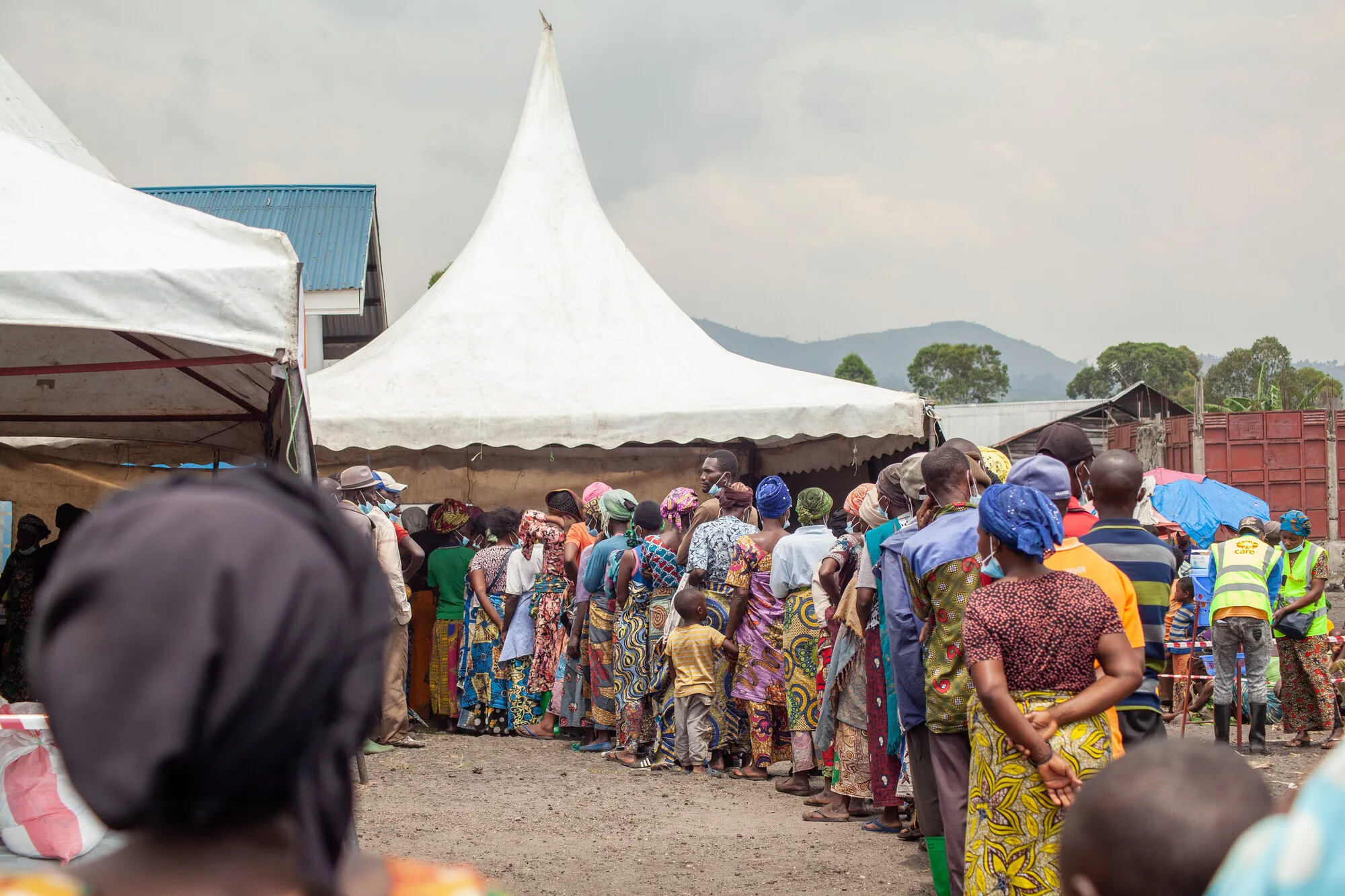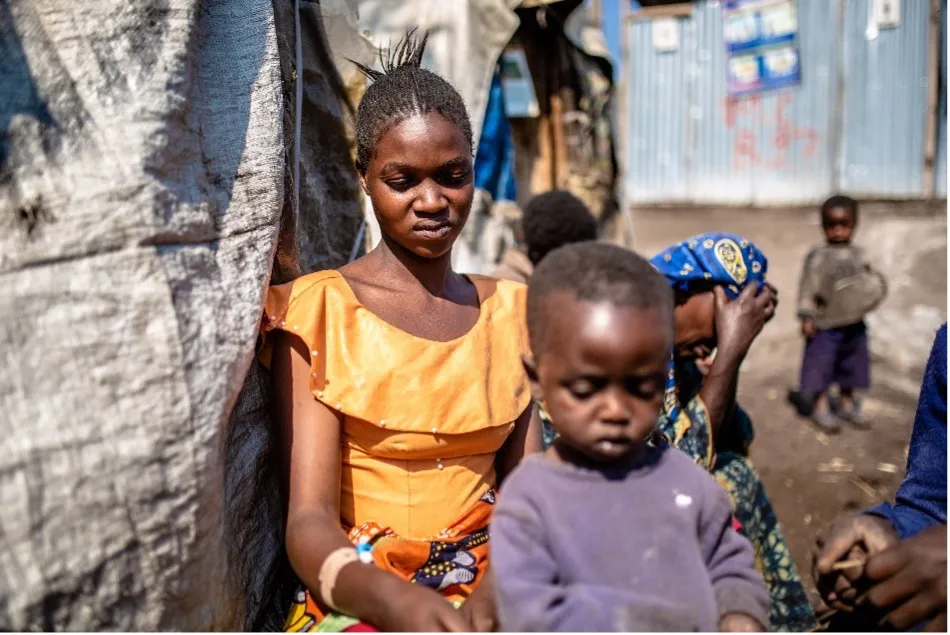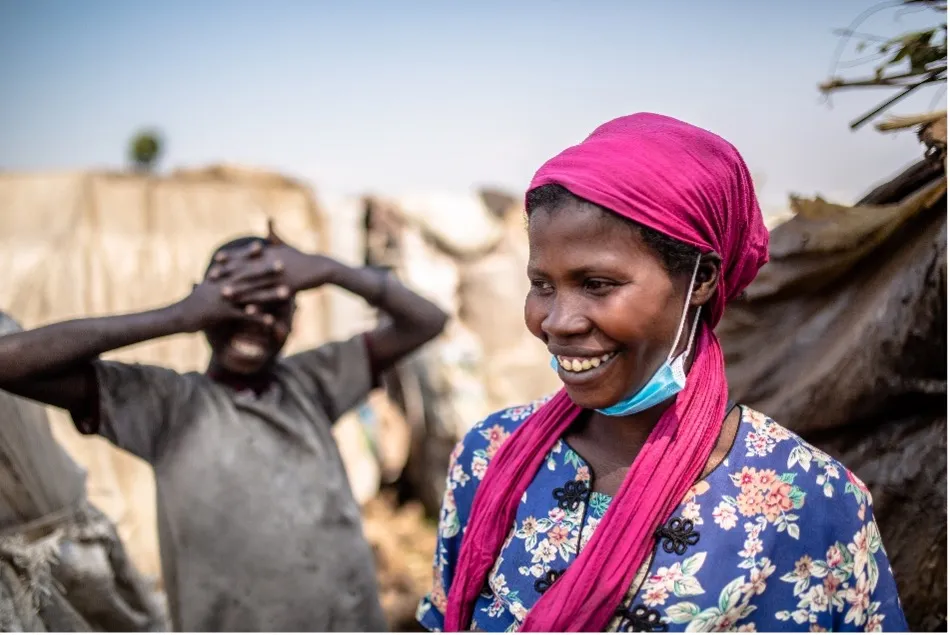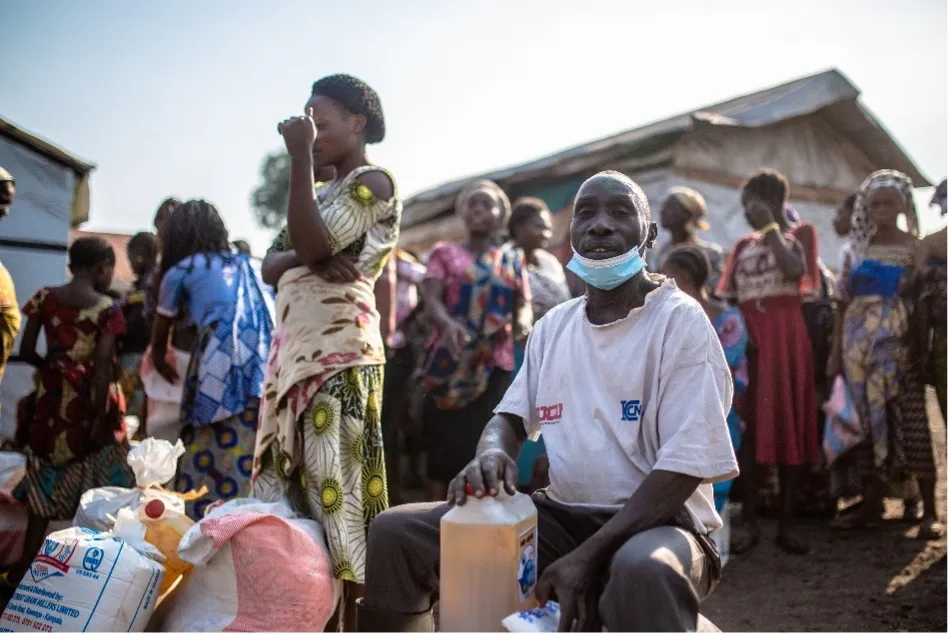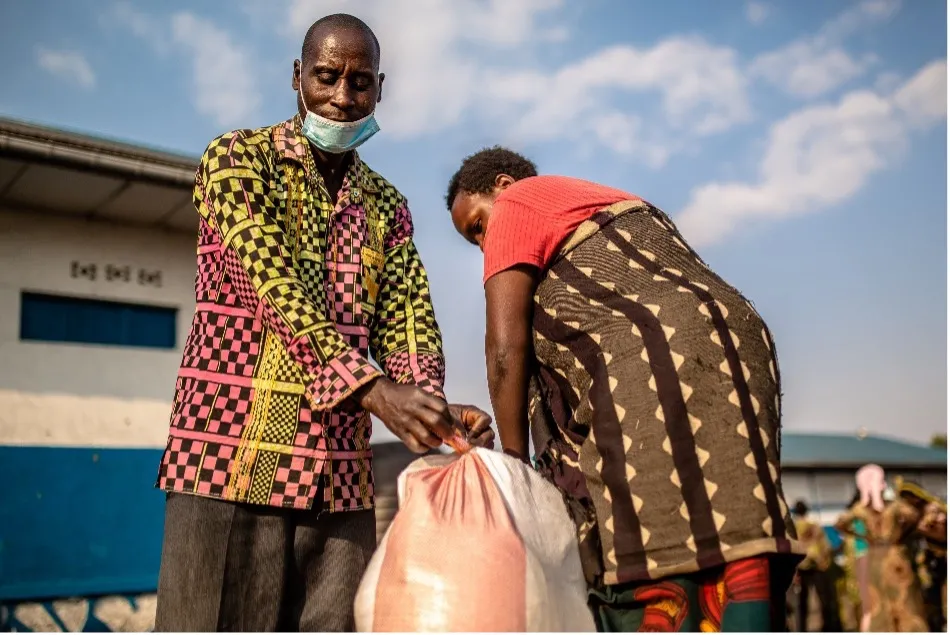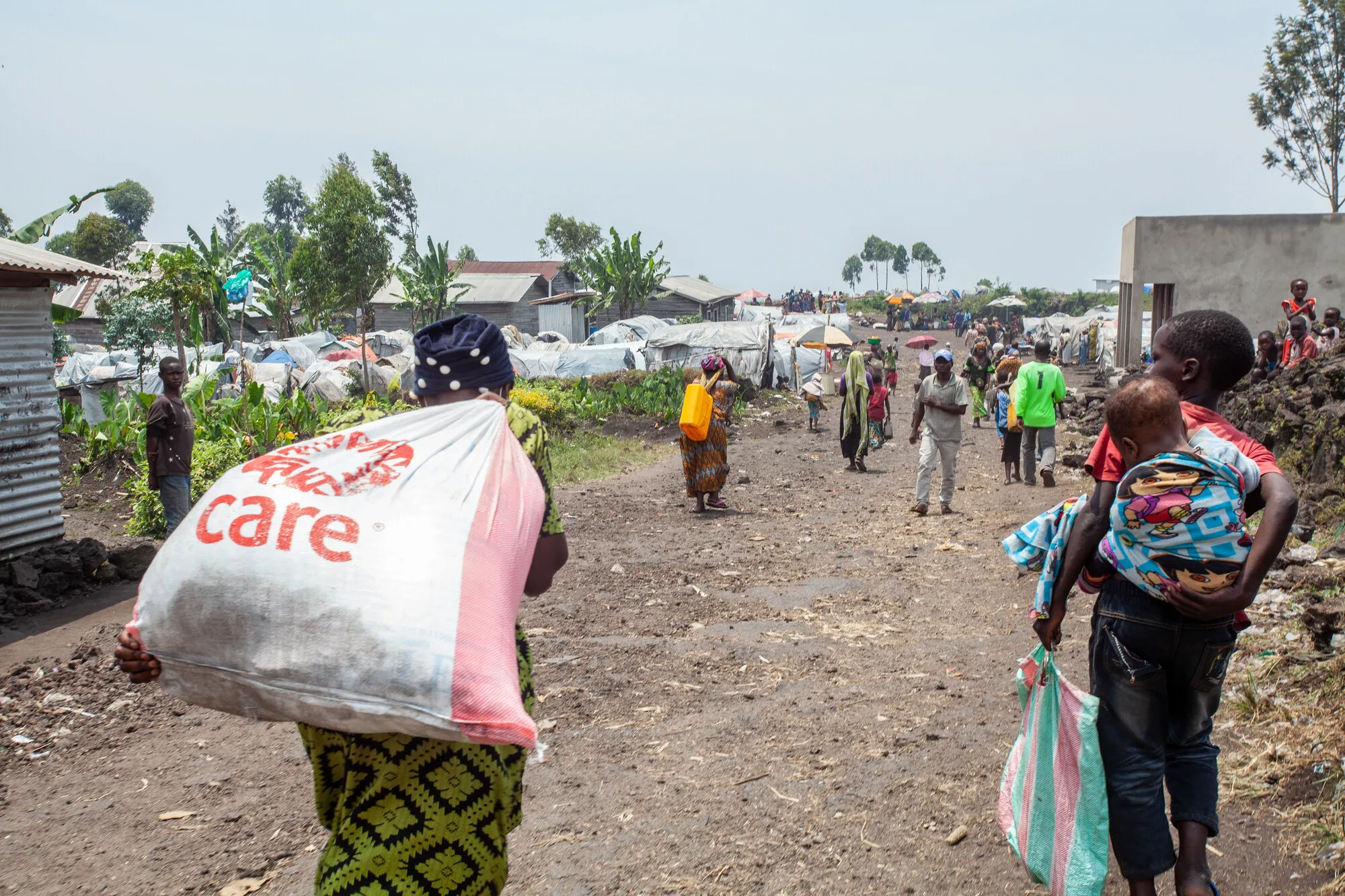Ongoing conflict has displaced over 6.1 million people, making it the country with the highest number of Internally Displaced People (IDPs) in Africa. At the same time, more than 26 million people are in need of humanitarian assistance.
Years of conflict, breakdown in the provision of essential services, and epidemics have placed the country at the top of the list of the world’s most food-insecure countries. The number of people in need has steadily been rising over the last two years due to an upsurge in armed struggles. Villages and farmlands have been ravaged and destroyed as more than 120 militia groups fight against the government.
As a result, many people, like the four featured below, have fled and settled in makeshift camps across the country. The camps are mostly composed of women and children since the chaos of sudden displacement forced many families to separate. A CARE analysis found that 60 percent of the IDPs are women.
Here are some of their stories:

